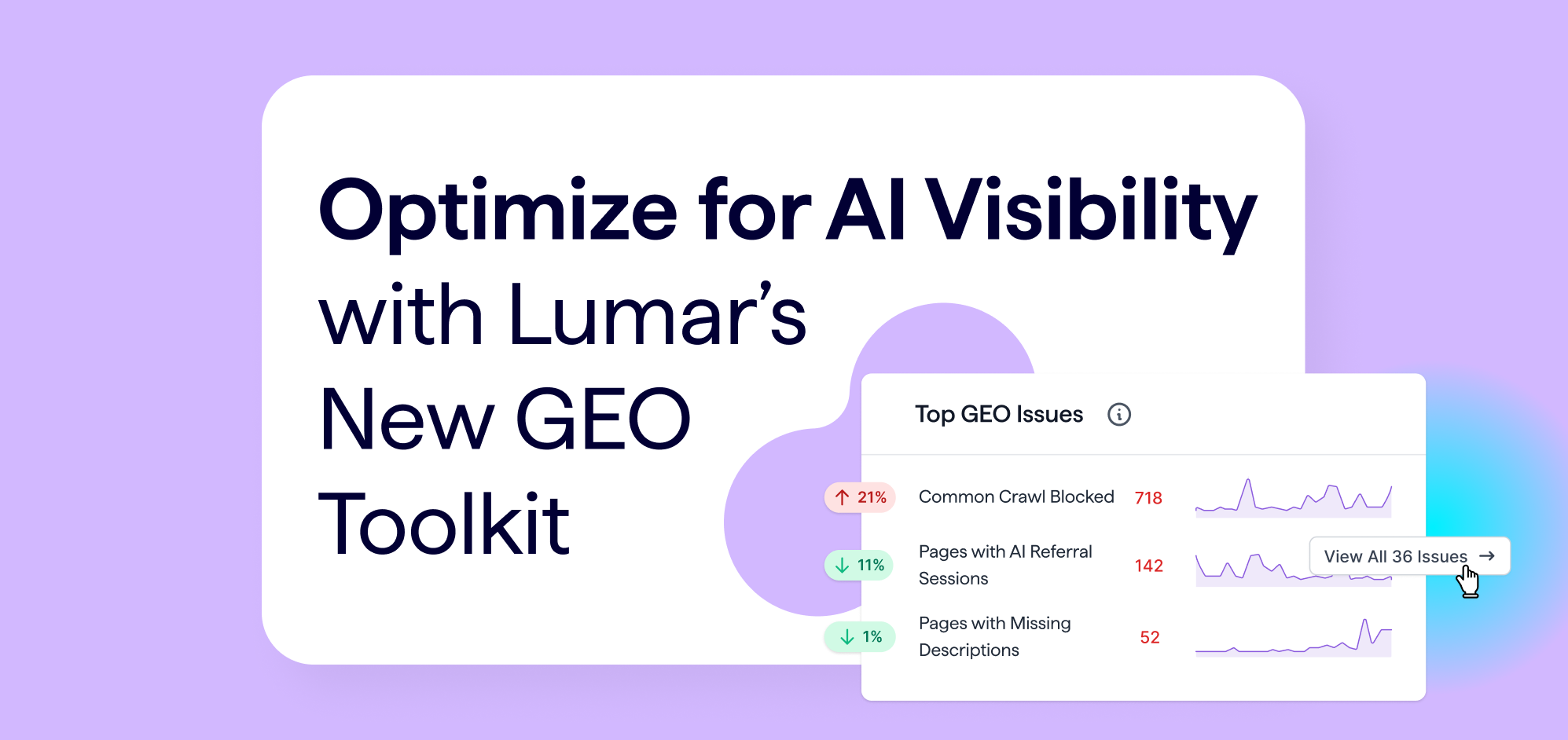One of the most common implementation challenges that SEOs face is limited access to development resources.
Whether your organization has very few developers or many developers, they’re likely already focused on an overloaded product roadmap.
Maybe relations are strained between developer and SEO teams, or maybe you struggle to convince your developers of the importance and severity of the campaigns and fixes you suggest.
The essential roadblock I see most often is that senior leadership just doesn’t understand the benefits of our SEO initiatives and so they don’t apportion resources. Especially when it comes to comparing SEO to PPC.
Nearly 75% of marketers see SEO as more effective than PPC (Source: Databox) despite that 94% of users scroll past paid ads on the SERP and go straight to organic blue links (Source: Search Engine Watch).
But when executives meet, while other departments have a seat at the table, there is no Chief SEO Officer, so we have to advocate for ourselves.
1. Shift the narrative from the top
CMOs and other C-suite executives have been conditioned that SEO and website optimization is a long game.
They’ve been taught, by professionals in these industries, that ROI is either not easily trackable or not trackable at all, and that the benefits of initiatives in these domains take time to come to fruition.
Reasonably, it’s true that Google’s SEO tools, like Search Console, can provide no up-to-the-minute spend and ROI metrics like those in PPC tools like Google Ads or DoubleClick.
So the narrative has been fed and as a result, little room is made in the budget for a channel that fails to speak to the bottom-line objectives of its executive decision-makers.
It doesn’t have to be this way today.
In the contemporary era of rapid digital transformation, executives in the digital space are more open to our input than ever before. Further, with the proliferation of data science and machine learning methodologies, the technical means of developing more effective ROI tracking practices are at our disposal.
The charge, then, is upon SEO and web professionals to implement these practices and to change the conversations being had with executives. How to do this?
2. Report on the metrics that matter
Page views. Click-thru rate. Cumulative layout shift. These necessarily comprise the linguistic currency slingshotting back and forth between SEOs and devs on a daily basis.
These concepts matter none to executives except within the context of how exactly they translate to revenue bottom lines.
In fact, most prospects and clients I consult with aren’t themselves familiar off the top of their heads of the basic revenue metrics of the web properties they own. Average order value. Revenue per channel. These metrics are starting to shift more into the bottom lines that executives are basing their decisions off of, but they don’t go all the way. These are just the top lines.
Web and search leads should be looking at the full ROI formula for their departments the same way CEOs and CMOs are looking at their P&L statements.
This means understanding the personnel overhead within your department, the cost of tools and other technology, and the additional planning and implementation costs that go into technical web and content development, PR, and social media.
Those who are unequipped or lack access to these figures will face an additional incline in their efforts to shift the narrative.
Only once these are netted against our top lines will we be able to find the real bottom-line figures and speak the language that executives need to hear. Only once we can speak this language to them will we empower them to understand the real need for prioritization of development resources, and to allocate those funds to us accordingly.
Without painting this picture for them, they will continue to fail to see the potential in our objectives.
3. Shift the narrative on the ground
To quote a former DeepCrawl fellow, “SEO success depends on developers more than you might initially think.” Or maybe you know that. Either way, it’s nevertheless likely we’re looking at different KPIs than they are.
While we’re busy trying to help our CMOs understand users through a revenue lens, developers are looking at users through a performance lens. In the end, everyone should be talking about the users (if they’re not, you’ve got bigger problems to solve first).
So how can we unify our perspectives?
Let me illustrate with an anecdote. I had a client with rampant redirect chains that cycled and looped back redundantly through http to https, www to non, and trailing slash to non, taking about six 301/302 redirect steps to finally resolve to a clean 200.
When the developers said they didn’t think this was a problem, I helped the client explain it to them in terms of user request server load rather than Googlebot fatigue. That spoke their language. Helping next to understand the monetary savings of reducing that server cost is how to speak their language and the CMO’s language.
Cost savings don’t come from server load reduction alone, however. Anytime that code goes live that will later have to be pulled back, traffic and site revenue are affected.
Misplaced noindex tags, pages with both a canonical and a noindex, canonical-redirect loops. All of these can easily be caught before they go live if you have controls in place, but by then it’s likely too late.
At that point, your engineering leads are upset, developers are staying late, other projects are getting pushed, all of which translates into lost revenue. That’s the conversation that needs to be had.
Conclusion
There’s a reason we keep experiencing the same resistance time and again against our SEO roadmap implementations. For a number of historical and organizational reasons, organic acquisition teams haven’t traditionally reported up to the C-suite in the same manner as our digital marketing counterparts. But that doesn’t have to be the case.
In the current climate, when even the most digitally resistant executive decision-makers understand the need to shift business models toward an increasingly online marketplace, now’s the time to make the case for the resources we need.
This is the conversation that needs to be had with our CMOs, CTOs, and CEOs. Theirs are the perspectives and metrics we need to report at all levels, from executives to developers to junior analysts. As experts in search marketing and organic acquisition, this is the language our decision-makers rely on us to use in order to help inform their decisions.





